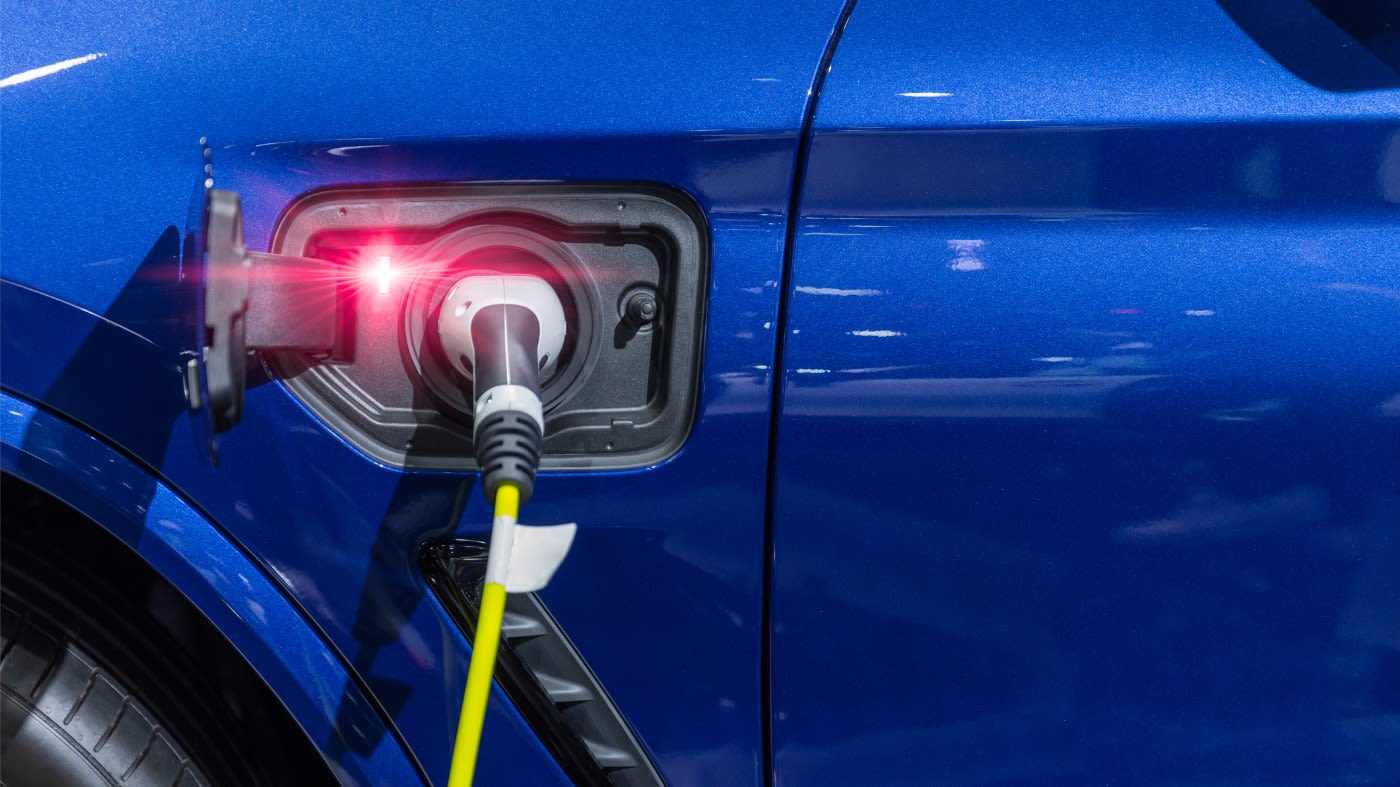Electric Vehicles: Improving Air Quality and Protecting Kids' Health
Electric vehicles (EVs) are becoming increasingly popular as people become more aware of their environmental and health benefits. One of the most significant advantages of EVs is their potential to reduce air pollution, which can have a major impact on the health of children.


Air pollution is a major environmental health risk, particularly for children. Children's lungs are still developing and they breathe more air per pound of body weight than adults. This means that they are more vulnerable to the harmful effects of air pollution.
Exposure to air pollution can lead to a range of health problems in children, including:
* Respiratory problems, such as asthma, bronchitis, and pneumonia
* Cardiovascular problems, such as heart disease and stroke

* Cancer
* Developmental problems
Electric vehicles can help to reduce air pollution by emitting zero tailpipe emissions. This means that they do not release harmful pollutants such as particulate matter, nitrogen oxides, and carbon monoxide into the air.
The switch to electric vehicles can have a significant impact on air quality. A study by the American Lung Association found that widespread adoption of EVs could reduce air pollution-related deaths by up to 20,000 per year and save billions of dollars in healthcare costs.
The benefits of cleaner air from electric vehicles are particularly significant for children. Studies have shown that children who live in areas with higher levels of air pollution are more likely to have respiratory problems and other health issues.
Electric vehicles can help to create healthier environments for children by reducing air pollution levels. This can lead to improved health outcomes for children, such as reduced rates of asthma and other respiratory problems.
Electric vehicles are an important part of the solution to reducing air pollution and protecting children's health. By switching to electric vehicles, we can create cleaner, healthier communities for our children and future generations.
